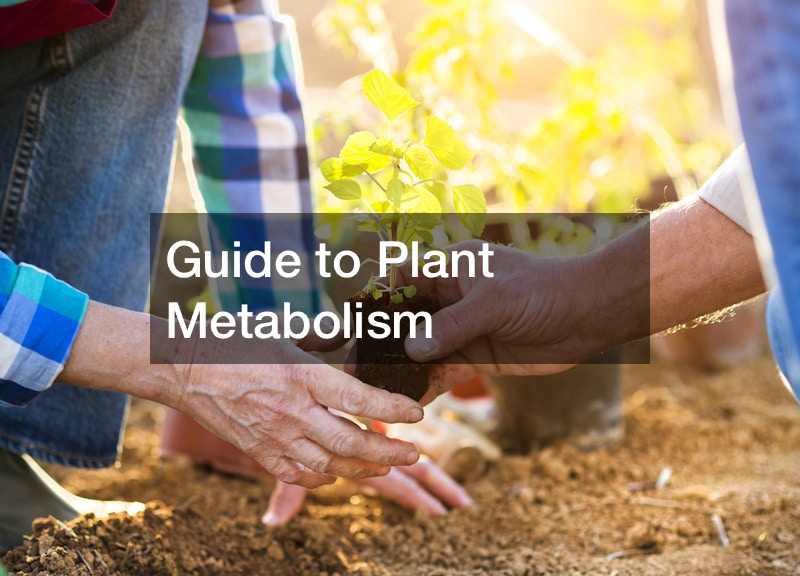
Plant metabolism is the process of the chemicals that plants make and break down over the course of their lives. A plant’s metabolisms are indicative of how a plant responds to environmental stresses. Whether it’s a reaction to a drastic ecosystem transformation (due to a storm or disaster) or nutrition deficiency, a plant’s metabolism affects its growth and development.
Let’s take a deeper look into how a plant’s metabolism works and how it’s studied.
There are a number of ways to observe and assess the metabolic functions of a plant. Metabolite profiling helps researchers understand gene functions. Metabolites include lipids, fatty acids, organic acids, amino acids, and sugars, amongst some others that even contribute to a bouquet of flowers’ smell.
Studying a plant’s metabolic functions and processes allow a deeper understanding of its leaf growth, stress responses, and overall growth rates. Altering a plant’s environmental conditions can drastically shift the speed and efficiency of a plant’s metabolic processes, which in turn affects the lifespan of the plant. Environmental manipulation of this kind is often used for growing crops.
For more information on how plant metabolism works, be sure to check out the video we have linked above.
.





